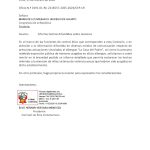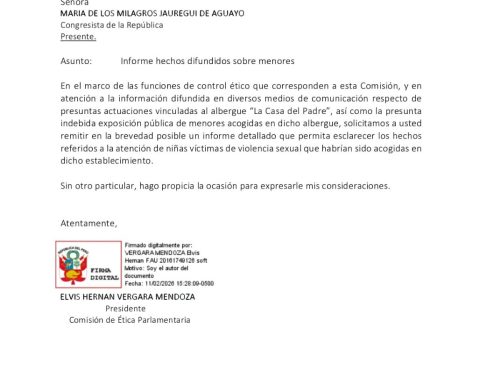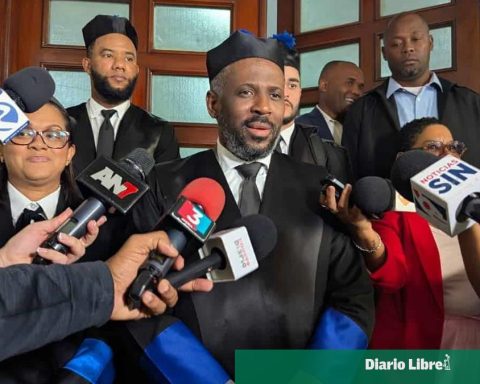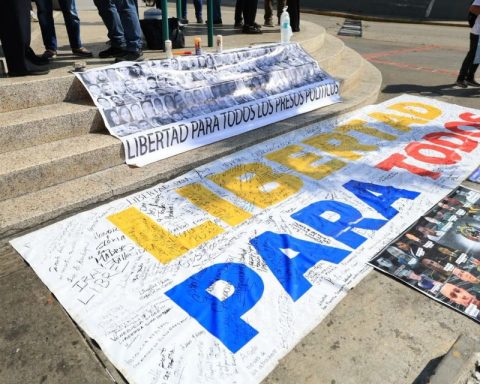Campaigning in the city of Joinville (SC), the candidate for the Presidency of the Republic for the New Party, Felipe D’Avila, visited the Águas Vermelhas subdivision in the Vila Nova neighborhood today (25th). At the site, there are 46 lots that were in an irregular situation and were regularized in August last year.
D’Avila praised the efforts of fellow member and mayor of Santa Catarina city Adriano Silva. “It’s an incredible job that the mayor has been doing to improve people’s lives. Giving a CEP to the simplest of people. And this is something very important to show how public policy ultimately transforms people’s lives”, he said in an interview with local broadcaster NDTV, affiliated with Record.
Some families lived in the area for over 30 years and now have a land title certificate. The entire process was based on Federal Law 13.465/2017 and Municipal Decree 32.528/2018. Both provisions establish rules, procedures and deadlines for analyzing requests to regularize irregular land occupations.
While still in the city, the candidate visited Krona Tubos e Conexões, an industry relevant to the local economy, and learned about the Education Trails Program of the National Commercial Learning Service (Senac). On social media, D’Avila defended the need for reforms for the country’s development. “We need to open up our economy, improve basic services and facilitate the generation of opportunities, jobs and income for Brazilians,” he wrote.
Teaching
He also lamented the absence of Brazilian universities among the 50 best in the world. “University management must be technical and focused on improving the infrastructure and quality of education for students,” he said.
Released last week, the new edition of shanghai ranking, one of the world’s leading higher education ranking initiatives, listed the top 1,000 institutions. The University of São Paulo (USP) appears among the top 150. Among the 500, the State University of Campinas (Unicamp), the Federal University of Minas Gerais (UFMG), the Federal University of Rio de Janeiro (UFRJ), the Federal University of Rio Grande do Sul (UFRGS) and the University of State of São Paulo (Unesp). In the list of the thousand, there are 21 Brazilian institutions.
















